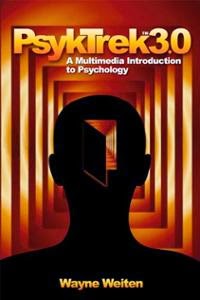Meditation - an altered state of consciousness?
How can meditation help you live a fuller and more balanced life? Andy Puddicombe discusses how it helps him live in the "present moment"... and he juggles a little too.
Prosopagnosia: What if you could see normally but could not recognize faces... even your own?
Writer Oliver Sacks of "The Man Who Mistook His Wife for a Hat" fame has this condition and discusses his latest book about prosopagnosia in this interview from a public radio program called "To the Best of Our Knowledge." You can hear the interview and read the transcript at the following link:
Discovering Psychology program 13 "The Mind Awake and Asleep" is at http://www.learner.org/discoveringpsychology/13/e13expand.html
Discovering Psychology program 14 "The Mind Hidden and Divided" is at
http://www.learner.org/discoveringpsychology/14/e14expand.html
Starting to meditate?
Here are links to a couple of online meditation timers.
http://www.onlinemeditationtimer.com/
http://www.yourmeditationtimer.com/timer
It can help you concentrate on your meditation if you don't have to worry about how much time has passed.
Article: The Meaning of Dreams by Jonathan Winson
Read it HERE - Are dreams symbolic, just random or are they a crucial step in processing memories?
Hypnosis!
What is hypnosis? A state of heightened suggestibility with real effects in the brain.
Here is a blog post about what hypnosis ISN'T ... 8 Popular Myths About Hypnosis
Mouse Party?
What would you see inside the brains of mice who were taking drugs? This interactive website gives you a glimpse inside the brains and synapses of mice on drugs including alcohol, cocaine, marijuana, heroin, meth, ecstasy, and LSD.
Identify how each drug affects the brain. What neurotransmitter(s) does it affect? Is it inhibitory or excitatory? Does it block re-uptake or work some other way? Which parts of the brain are most affected?
You can explore other effects of drugs of abuse here.
Dream Journal - You should be making entries into your dream journal every day. If you don't remember a dream from the night, you should write about what emotions or thoughts you had upon awakening. If you don't have anything to enter for a day, you should write about a dream you had some time in the past - even the distant past.
The point of the dream journal assignment is to get you to pay attention to your dreams and to start to think about various theories of dream interpretation to see if you think they apply.





